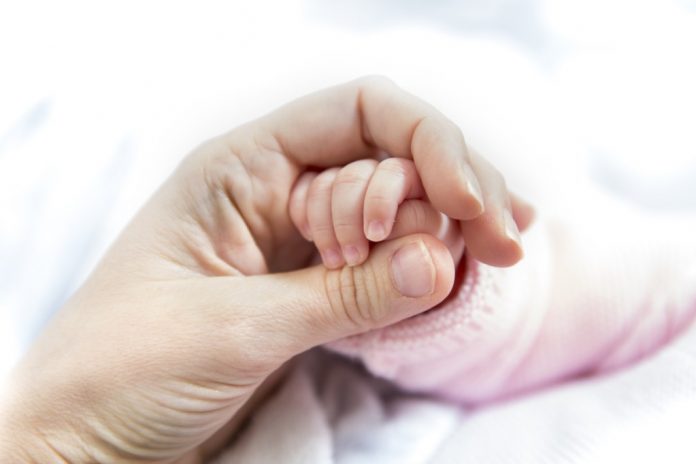Assisted reproductive technology (ART) has been a boon to infertile couples 2ho would remain childless without the procedure. Most medical procedures carry a risk of untoward health consequences, and ART is no exception. Now, a new study has found the women who conceive by ART are at increased risk for severe health problems. The findings appear in the March edition of the journal Obstetrics & Gynecology.
The study authors note that the rate of pregnancy-related death in the US has been on the increase since the 1980s; it has risen from 7.2 per 100,000 in 1987 to 17.8. However, because mortality is so rare, surveillance efforts have also targeted severe maternal morbidity, defined as having any of 25 International Classification of Diseases, 9th Revision, Clinical Modification (ICD-9-CM) hospitalization codes for procedures and conditions indicating a potentially life-threatening situation. From 2001 to 2011, severe maternal morbidity rose from 78.6, to 162.8 per 10,000 delivery hospitalizations. During the same period, the proportion of infants born as a result of ART increased from 0.9% to 1.5%.3,4
Women undergoing ART tend to be more socially advantaged than the general maternity population, which offers some protection against severe maternal morbidity; however, ART has been linked with known risk factors for severe maternal morbidity including placenta accreta, multiple births, and cesarean delivery. In addition, women who undergo ART to conceive are more likely to have underlying health and fertility problems that necessitated the use of ART. As a result, previous research has encountered difficulty in distinguishing the direct effects of ART on maternal outcomes from other contributing health issues. Therefore, the objective of the study was to assess whether ART use contributed to the frequency and type of severe maternal morbidities at the time of delivery apart from maternal fertility status and other health factors.
The retrospective (backward-looking) study was a component of part of the larger Massachusetts Outcomes Study of Assisted Reproductive Technology. To create the Massachusetts Outcomes Study of Assisted Reproductive Technology database and identify ART deliveries, the investigators linked ART treatment records to birth certificates and maternal and infant hospitalization records occurring in Massachusetts from 2004 through 2010.
The investigators found that the prevalence of severe maternal morbidity among this group of women (458,918) was 1.16%. The overall prevalences of severe maternal morbidity among fertile, subfertile, and ART deliveries were 1.09%, 1.44%, and 3.14%, respectively. The most common indicator of severe maternal morbidity was blood transfusion. With statistical analysis, among single births, ART was associated with an increased risk of severe maternal morbidity compared to both fertile and subfertile deliveries. Among twins, only cesarean ART deliveries had significantly greater severe maternal morbidity compared to cesarean fertile deliveries (48% increased risk).
The authors concluded that women who conceive through ART may have elevated risk of severe maternal morbidity at delivery, mainly indicated by blood transfusion, even when compared with a subfertile population. They recommended that further research should be conducted to determine factors underlying this risk.
The researchers are affiliated with: Department of Community Health Sciences, Boston University School of Public Health, the Massachusetts Department of Public Health, and Massachusetts General Hospital, Center for Child & Adolescent Health Research and Policy, Harvard Medical School, Boston, Massachusetts; the Department of Obstetrics, Gynecology, and Reproductive Biology, Michigan State University, East Lansing, Michigan; and the Department of Obstetrics & Gynecology, Geisel School of Medicine at Dartmouth, Lebanon, New Hampshire.








